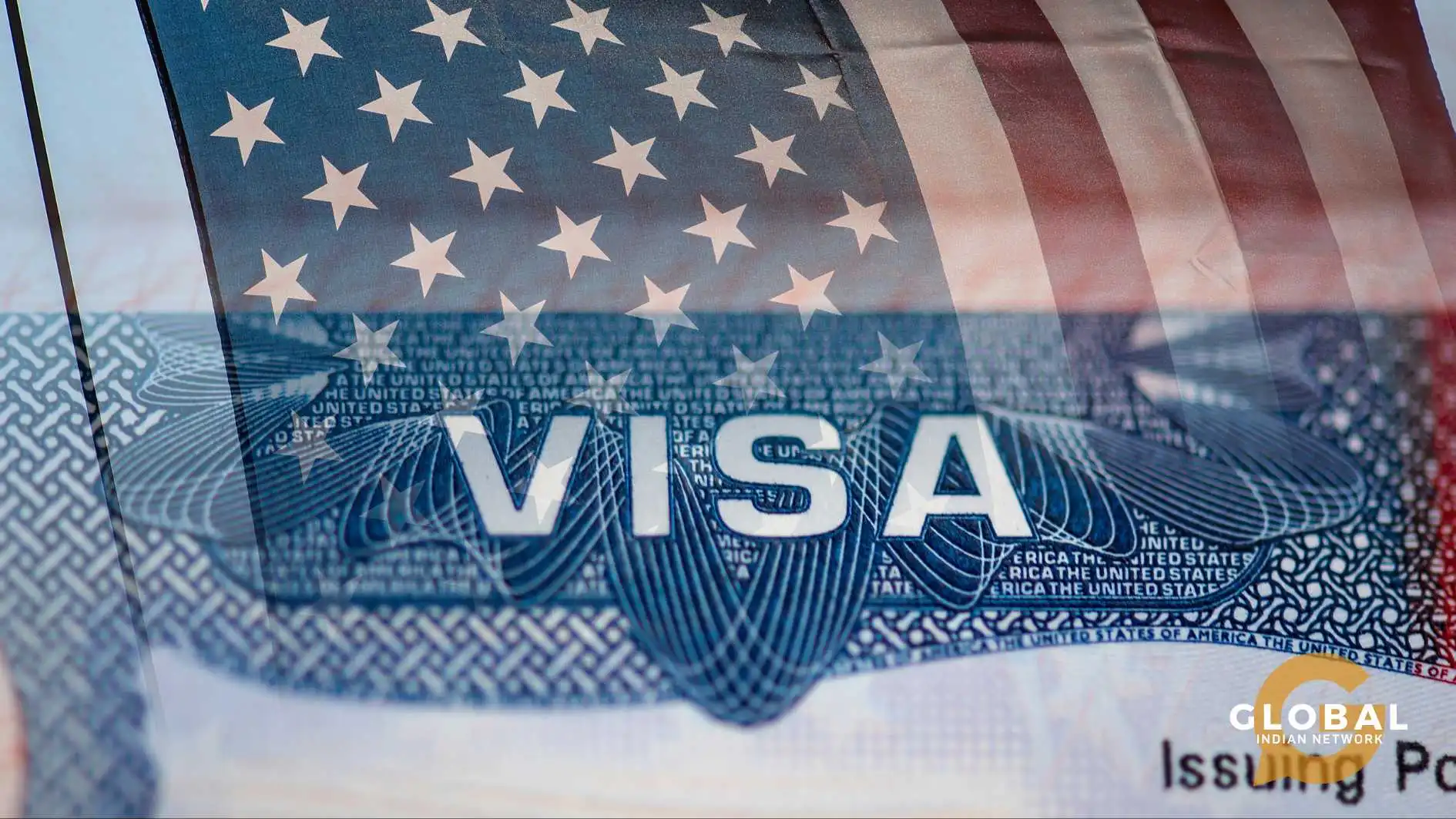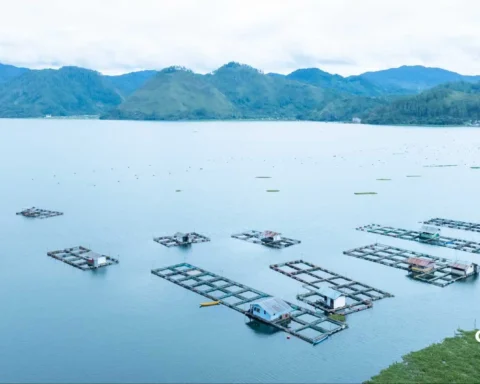The ways of the world are constantly in flux.
The 2025 U.S. Visa Bond Pilot Program introduces refundable bonds for certain B-1/B-2 visa applicants from select countries. This initiative aims to reduce visa overstays by imposing stricter entry requirements, shorter visa validity, and designated airports to enhance immigration enforcement and traveler compliance.
We have more details.
Table of Contents
The Nuances
- The pilot program is a one-year test explicitly aimed at business and tourist visa applicants from a small group of countries, initially including Malawi and Zambia.
- The bond amounts are set at the discretion of consular officers based on risk and applicant circumstances, defaulting often to $10,000 but potentially $5,000 or $15,000.
- The bond requirement excludes other visa categories like student (F), work, or Visa Waiver Program travelers.
- The goal is to reduce overstays and enhance immigration enforcement, with the bond acting as financial insurance for compliance.
- The program’s scope and country list could be amended with at least 15 days’ notice before changes take effect.
- The policy has been met with concerns about adding administrative burdens and possibly deterring legitimate travel from affected nations.
Who is Affected?
The U.S. Department of State has announced that the pilot visa bond program, currently applicable to B-1/B-2 visa applicants from Malawi and Zambia, will only be extended to additional countries with at least 15 days’ official notice. While the program targets nations with high overstay rates or deficient vetting systems—including those offering Citizenship by Investment (CBI) without residency requirements—no Eastern Caribbean countries have yet been officially named in the initial rollout.

Rules for Travelers
The conditions for travelers are given in the table below.
| Current Rule | Under the Pilot program |
| Valid up to 10 years | Valid for 3 months only |
| Allows multiple entries | Allow single entry only |
| Stay of up to 6 months | Stay limited to 30 days |
| Can use any port of entry | Must use one of the selected ports: Boston Logan International Airport (BOS) John F Kennedy International Airport (JFK)Washington Dulles International Airport (IAD) |
The Misconceptions
Local newspapers in East Caribbean countries have speculated that the U.S. visa bond pilot program may soon include their nations. Though no official confirmation exists, fears are rising about potential $15,000 bonds and stricter entry rules impacting tourism and business travel from these Caribbean states.
Details that Allay Unwarranted Fears
Here are 10 key points about the new U.S. $15,000 visa bond requirement, targeting citizenship-by-investment states as per the interim final rule published on August 5, 2025:
- The U.S. State Department will require specific business (B-1) and tourist (B-2) visa applicants from particular countries to pay a refundable bond of up to $15,000 as part of a 12-month pilot program starting August 20, 2025.
- The rule targets explicitly countries with high rates of visa overstays, poor document security, or where citizenship-by-investment programs exist without residency requirements.
- Bond amounts will be set at $5,000, $10,000, or $15,000, with consular officers determining the required amount based on risk assessment and individual circumstances.
- If travelers adhere to the terms of their visa, the full bond will be refunded after their timely departure from the U.S.
- The program is intended to deter visa overstays, tighten border security, and reduce U.S. government liability for visitors who break visa conditions.
- The new rule does not affect travelers entering the U.S. through the Visa Waiver Program (VWP) or the Electronic System for Travel Authorization (ESTA) system.
- The official list of countries covered will be published 15 days before the program starts; many Caribbean and other nations with citizenship-by-investment schemes are likely to be included.
- Affected visitors can only enter and exit the U.S. through designated airports under this rule.
- The pilot is expected to add an administrative burden to U.S. authorities and could discourage legitimate travel and tourism from the impacted countries.
- The policy aligns with broader U.S. immigration enforcement efforts under the current administration but faces criticism for potentially limiting access for bona fide travelers, especially from developing nations.

Conclusion
The 2025 U.S. Visa Bond Pilot Program marks a significant shift in visitor visa policy, aiming to strengthen border security and reduce overstays. While currently targeting specific countries like Malawi and Zambia, ongoing discussions and rumors indicate possible expansion to other regions. Travelers and stakeholders should stay informed and prepared for these evolving requirements to ensure smooth travel experiences.









